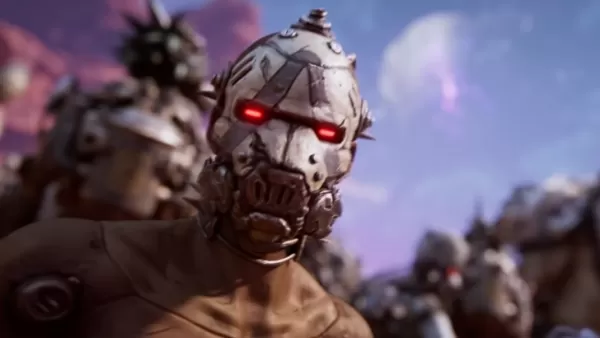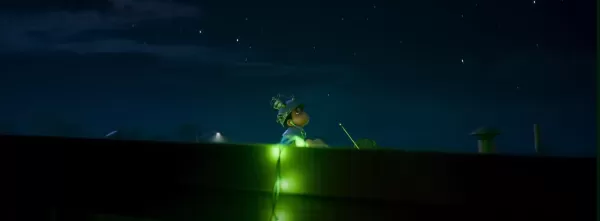Fans of the iconic children's show, Sesame Street, can breathe a sigh of relief as the beloved series, which has been entertaining and educating kids since 1969, is set to continue its journey on new platforms. After HBO and Max chose not to renew their long-standing partnership with the show at the end of 2024, Sesame Street has found a new home on both Netflix and PBS.
Starting in 2025, viewers around the world will be able to stream new episodes of Sesame Street on Netflix, alongside a vast catalog of past episodes. Additionally, new episodes will be available on their air day through PBS stations and the PBS Kids platform in the US, ensuring that the show's 50+ year relationship with PBS remains intact. This move is part of a unique public-private partnership involving Netflix, PBS, and the Corporation for Public Broadcasting, which aims to help children everywhere grow smarter, stronger, and kinder.
Netflix's growing focus on gaming will also extend to Sesame Street. The deal allows the streaming giant to develop video games based on the show, as well as the spinoff series, Sesame Street Mecha Builders. This exciting development was announced by Sesame Street via their social media platforms on May 19, 2025.
With the start of season 56, Sesame Street will introduce some structural changes to its format. Each episode will now feature an 11-minute story, drawing inspiration from other character-driven children's shows like the popular Bluey. However, fans need not worry, as beloved segments such as Elmo's World and Cookie Monster's Foodie Truck will make their return.
Sesame Street first aired in November 1969 and joined the PBS network in the 1970s, quickly becoming a cultural landmark. In 2015, HBO and Max entered a $35 million deal to produce new episodes, a partnership that concluded in late 2024. Despite the end of this collaboration, the Sesame Street library will remain accessible on HBO and Max until 2027, although without the production component of the original agreement. HBO and Max's decision to step back was driven by a strategic shift away from children's programming, which they stated did not resonate well with their subscribers.

 LATEST ARTICLES
LATEST ARTICLES 












